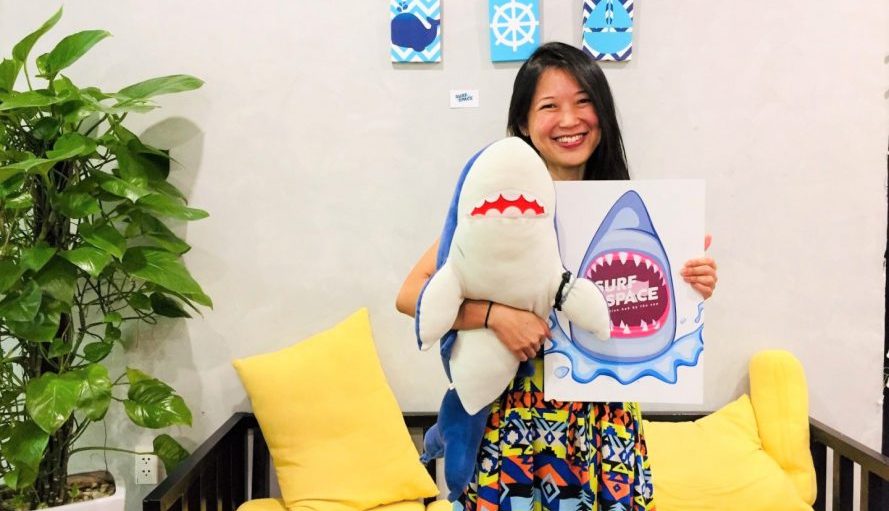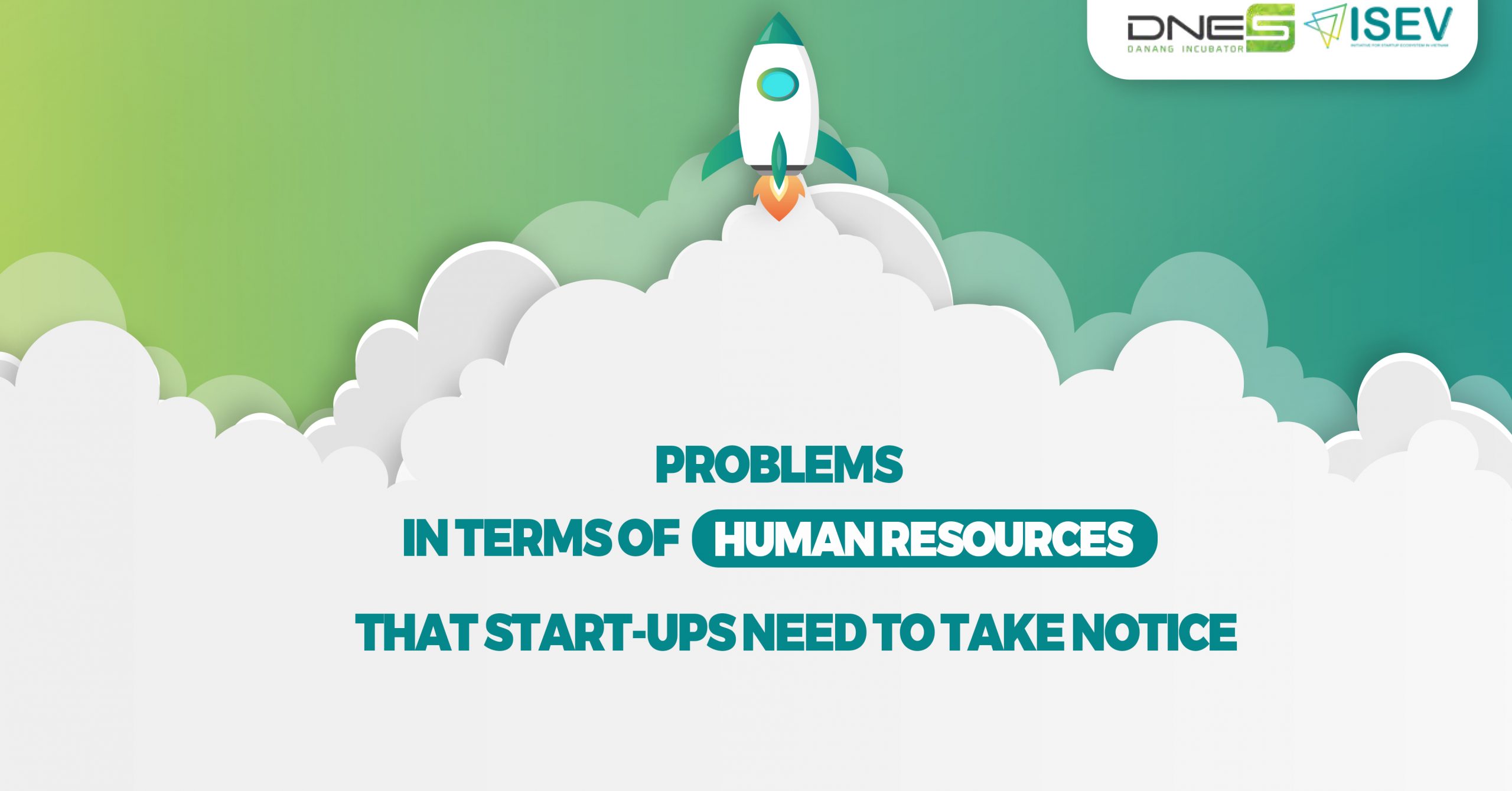At DNES, we believe in the power of people, ideas and connections. Located in the heart of Danang, SURFSPACE – coworking space by DNES- is not only a coworking space, it is a creative community space with the mission to connect people for inspiration, ignite creativity within individuals and foster collaborations.
Let’s explore three unique stories about our SURFSPACE’s members, from three different continents,
1. How 2 HBS graduates scaled a Vietnamese idea to 36 million US dollars sales?
Early in August 2019, one of the founders of Lovepop – Wombi Rose came to SURFSPACE to give an inspiring talk to Danang entrepreneurs about “How to grow a consumer product business”.
Interestingly, this idea was originally from Vietnam, while the business is located in Boston and products are manufactured in Danang.
Is this looks familiar to you? Right, you can find similar pop-up 3D cards in Hoi An where they were sold for 50,000 VND. The design techniques for such cards are very ancient and lack of creativity.
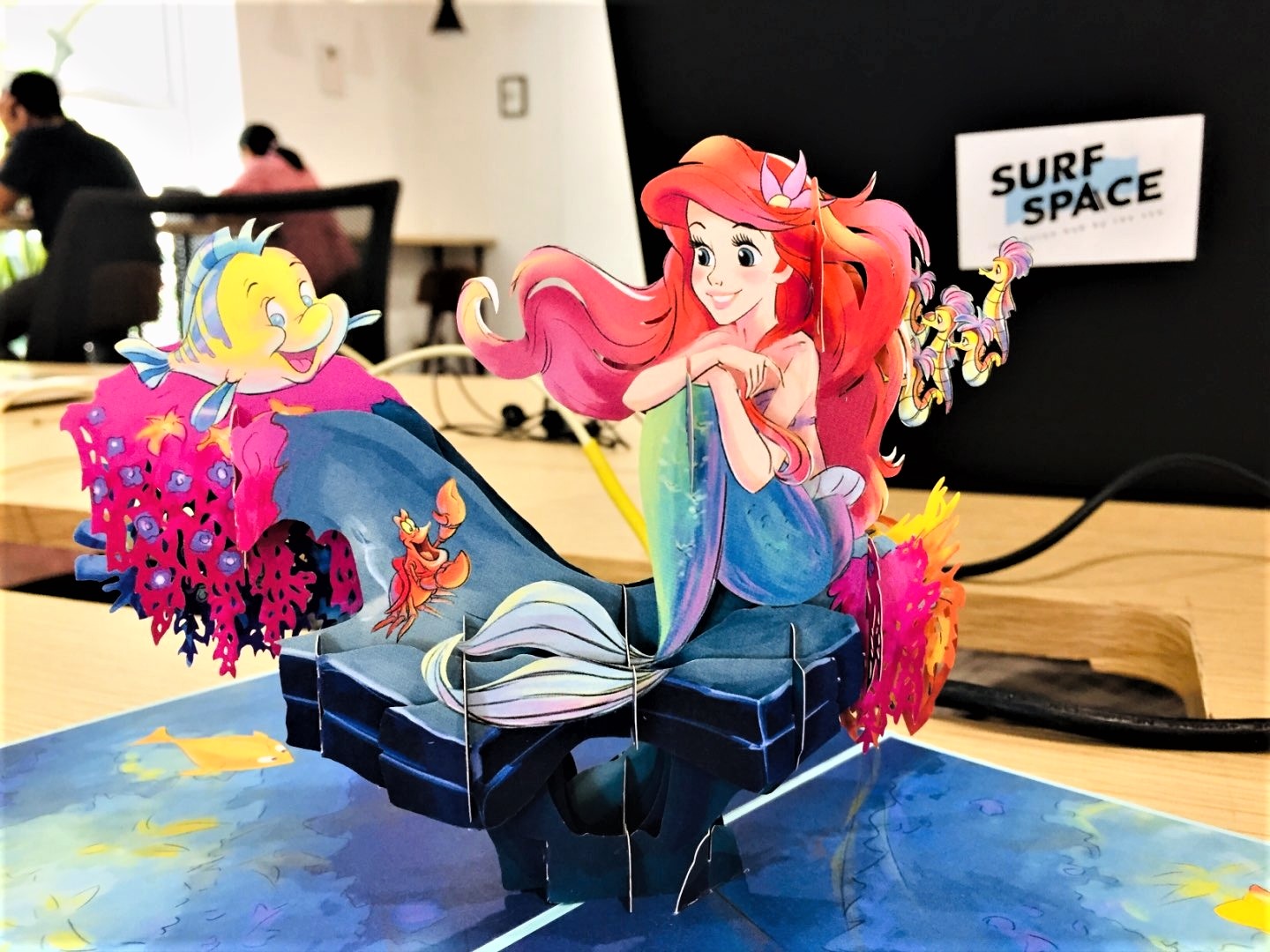
Image 1. Example of an pop-up card at Lovepop
The business idea of Lovepop was developed during a field trip in Vietnam. Harvard Business School students Wombi and John discovered hand-crafted paper cards sold on the streets, and were immediately impressed by this incredible pop-up cards. After returning to Boston, they gave those cards to family, friends, and even strangers and received delighted reactions from everyone. This motivated Wombi and John to form the idea of opening Lovepop, a company specialised in 3D greetings card production in America. At present, Lovepop is designed, and handcrafted each card in both Boston, where they started their business and Danang City, where they were inspired from these famous pop-up cards.
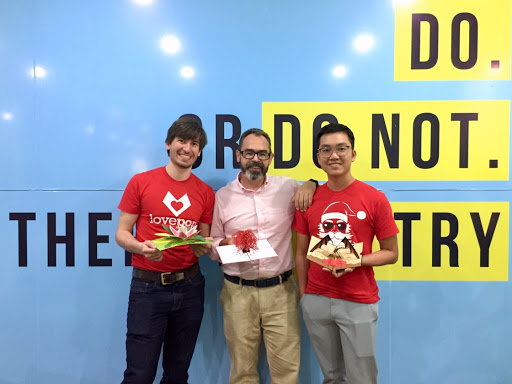
Wombi Rose (left) – Ha Trinh Quoc Bao (right)
Thanks to American Shark Tank’s investment, Lovepop said its sales had surged in 2017 to more than $8 million from $300,000. And after one more year, in 2018, Lovepop sale-revenue increased to $36 million,.
Wombi also told us that the focus on design is one of the contributing factors to their success. “I came back to Vietnam after 5 years, the designs of pop-up cards they sold on the street are still the same as when I saw them,” said Wombi. Meanwhile, Lovepop has a creative director and creative team in Boston to monitor trends and seek new ideas for their card design. Thanks to the idea of licensing Disney’s movie, Star Wars and other popular characters, Lovepop keeps creating beautiful cards to meet the tastes of US consumers. Here are key lessons for entrepreneurs: starting with the same idea, a different business model combined with product innovation can generate much greater revenues.
Lovepop website: https://www.lovepopcards.com
Lovepop is founded in Boston in 2014 by Wombi Rose and John Wise – two best friends have background of marine engineers. This is one of the most famous start-up specialized in designing and handcrafting 3D pop-up cards which based on ship building software and kirigami – Japanese paper cutting art. Each card from Lovepop is aimed to create memorable and unforgettable moments between the sender and the receiver. With an amazing growth rate, Lovepop was successful in calling for investment at American Shark Tank in 2015 and was invested from Kevin O’Leary.
2. Producing sustainable fabric to save the ocean
Tan Shen Hui (Shen) is a Singaporean Co-Founder at merchandise.blue – a company that designs merchandise, using a blend of sustainable fabrics, and produces them at socially responsible partner facilities. The biggest goal that Shen and her team want to pursue through this environmental project is to ensure the long-term well-being of our planet.
The idea of their project came from a trade show in Germany, when Shen and her friends realized that many companies and organizations advocating environmental conservation and preservation were not acting like they said before. They were still wearing and selling merchandise made of unsustainable materials and under unknown social conditions.In fact, the apparel industry alone accounts for 6.7% of global greenhouse gas emissions, and its impact on climate change will continue to rise if a business-as-usual scenario prevails. More than 50% of the greenhouse gas emissions come from three stages – fiber production, yarn preparation and dyeing & finishing.
Therefore, Shen and her co-founders made a decision to establish merchandise.blue with the aim of changing the alarming issue about the unsustainability of the global fashion industry.
Merchandise.blue is committed to offering textile goods such as corporate wear and uniforms, towels, bathrobes and bedding accessories for hotels and spas which are made of some of the environmentally progressive fabrics carefully selected and used in Shen’s products are organic cotton, recycled polyester, or seaweed.
Shen said: “We also work closely with our clients to propose materials that make most sense for their story and branding. More than 50% of consumers plan to switch brands in the future if another brand acts more environmentally and socially friendly than their preferred one. The question is no longer whether it is necessary to improve sustainable business practices, but rather how long it will take before consumers stop buying from brands that do not act responsibly”.
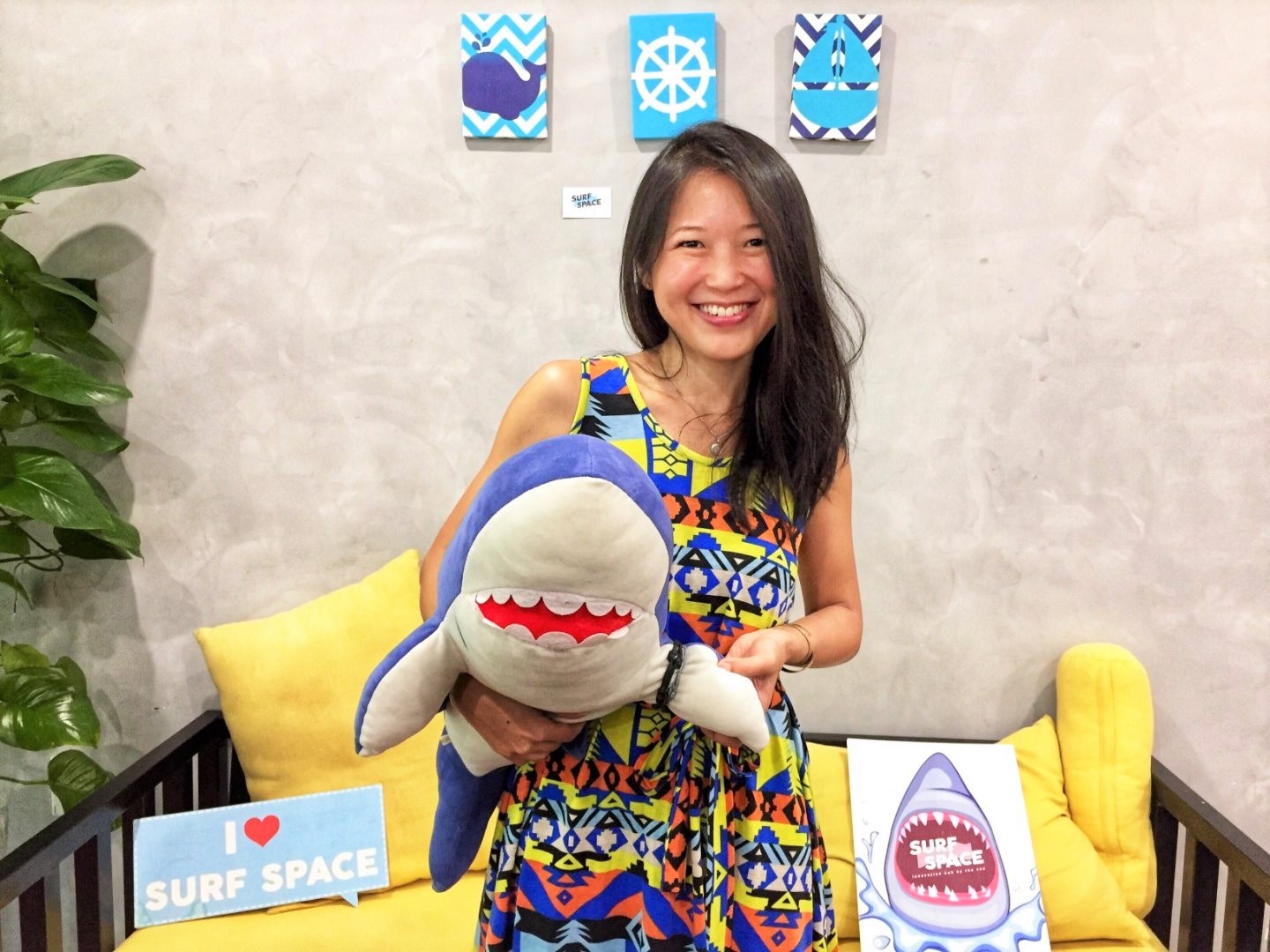
Tan Seng Hui – Founder of Merchandise Blue
The bracelet tied around the shark soft toy is made of a “ghost”net recovered from the sea – the nets were left in the ocean which could be dangerous for marine creatures. On top of being used to make bracelets, the recovered fishing nets can be recycled into nylon yarn. This is one of the materials that we use to produce sustainable merchandise for our clients and save the sharks.
3. Journey of the extremes: from a startup founder to a spiritual practitioner
Chris White came to SURFSPACE to rent a meeting room for his video recording in one morning of July, 2019. During the filming of his video, he wore a white rabbit mask and suit without any shoes on his feet. Being very curious about this interesting member, we asked him about his story and was surprised about his experience of the two opposite worlds: rational and spiritual, and his story of giving up the rich life to travel around the world to challenge himself.
Chris White was born in a privileged family in Germany who owned a successful restaurant chain startup in China. In his early twenties, he spent his time driving in a $150,000 sports car and living in a penthouse in Germany. Rich but not happy, he quit job, sold all property to travel for a time. He attended countless seminars and became a breathwork facilitator, after that he founded the “Master of love and life”. This is the program that he started doing one-month awakening challenges all over the world to learn from the best spiritual masters.
In 2017, he traveled around the whole world on his own more than 2 times and did 11 one-month long awakening challenges. He lived with monks in Thailand, did a Harvard online course in Buddhism, lived with the Maasai tribe in the African Savanna and got initiated into their tribe. He also learned from the world’s greatest Qigong & Kung-fu Masters in China & Thailand, went into the most remote Amazonian rainforest and learned spirituality from Shamans there. To understand more about human beings, he challenged himself for one month by living on the streets in Germany as a homeless person.
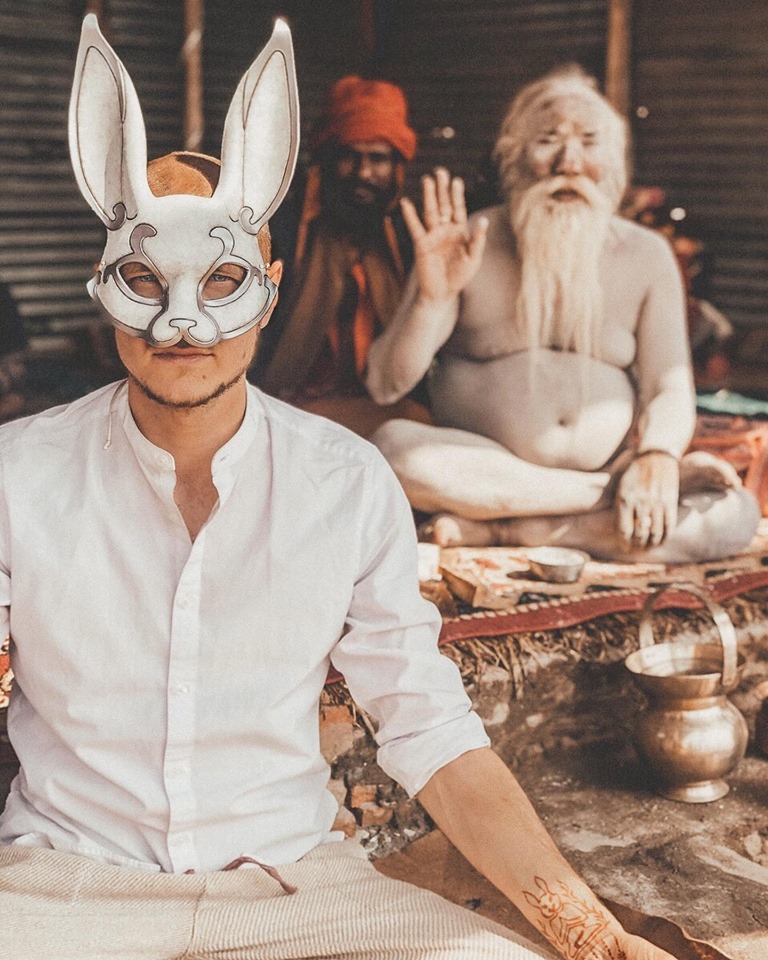
Chris at the Kumbh Mela Festival – The biggest Gathering of Humans in the world. He spent months living together with Shamans (Source: https://www.masterofloveandlife.com)
Chris realized the value of spirituality and he wants to be the connection between the rational and the spiritual by filming and teaching lessons, it is about balancing the two. On his world trip, SURFSPACE, and other places become a connection for him with local society.
We do not encourage you to act like them, we just hope those stories give you inspiration about starting your own business, do something about the environment and challenge yourselves to get out of your comfort zones.
